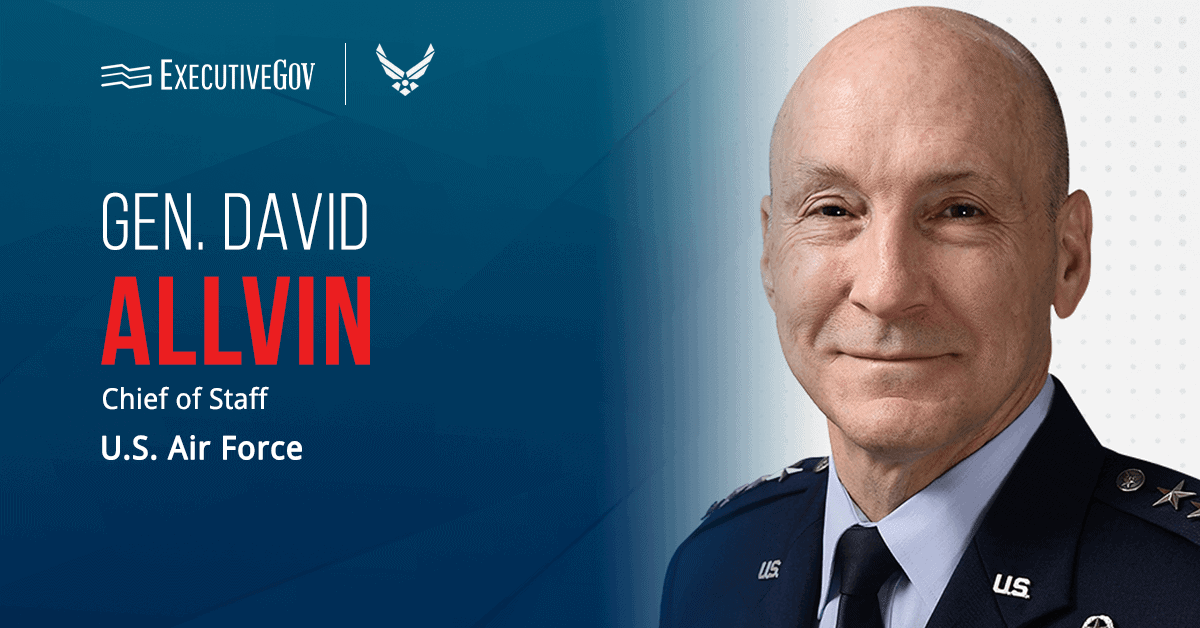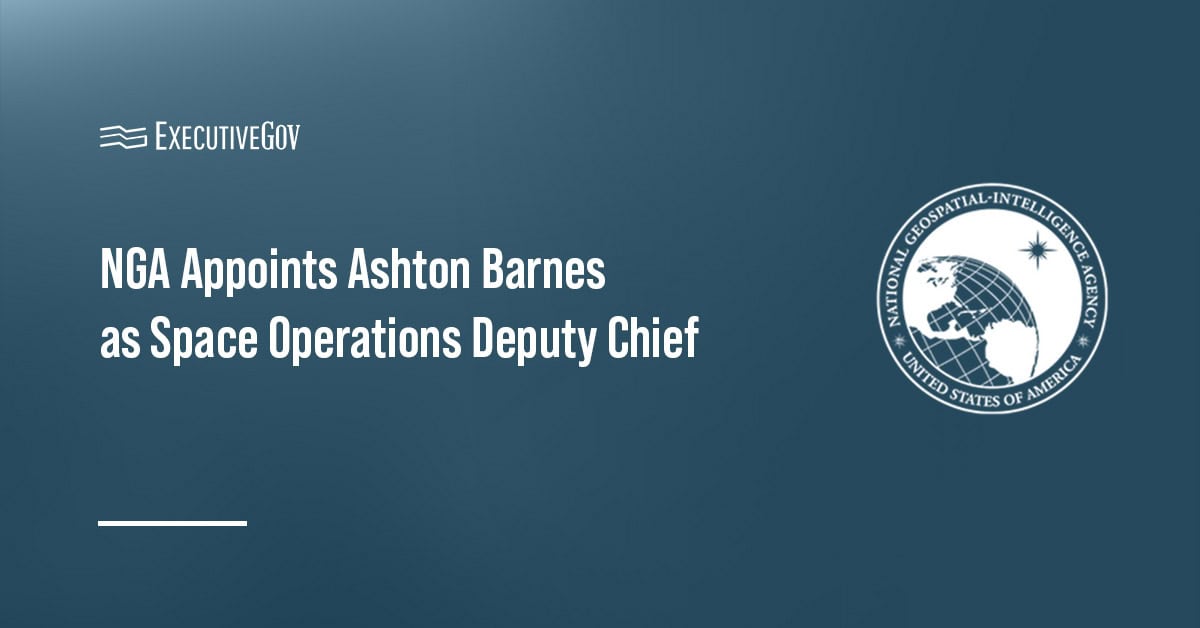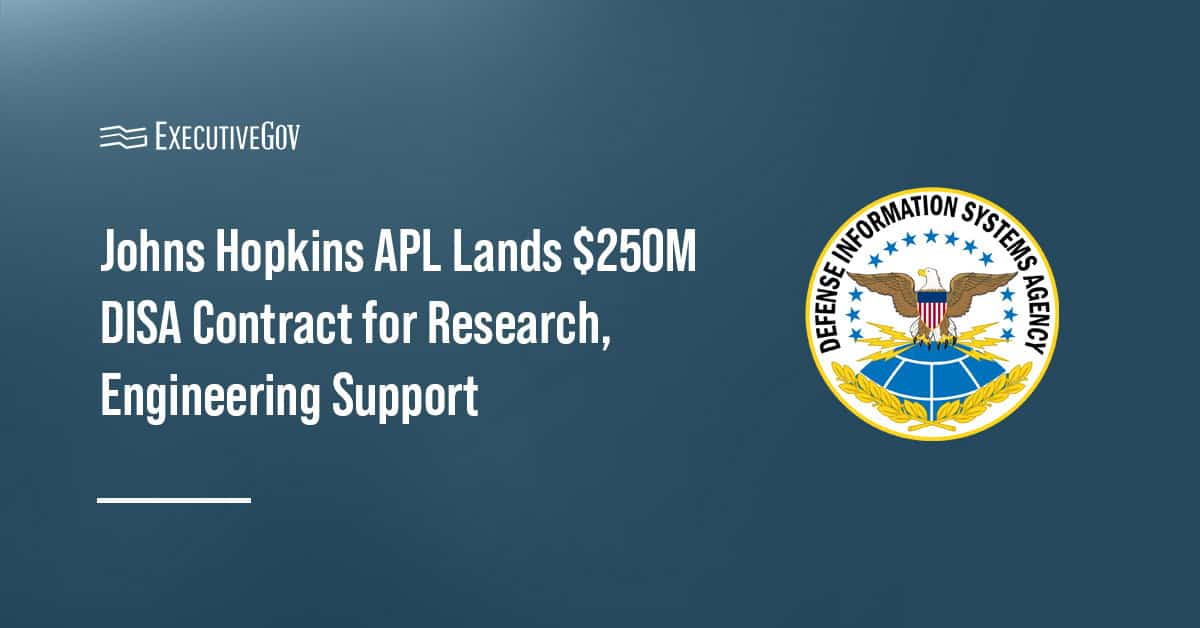
Timothy Bunning, a more than three-decade veteran at the U.S. Air Force Research Laboratory, has been named chief technology officer with responsibility over the Air Force’s $2.8 billion science and technology program.
The Air Force said Monday that Bunning will serve as the representative for the military branch's scientists and engineers as part of his new role.
He will also serve as the primary adviser to the AFRL commander and manage collaborations with industry and academic partners as well as AFRL’s nine technology directorates encompassing 6,000 personnel.
Bunning joined AFRL in 1990 as a Ph.D. student under the Air Force’s scientific research fellowship program. He has since conducted a range of studies on areas such as optical sensing, soft matter and laser beam control.
He holds 18 patents and is an adjunct professor at the Georgia Institute of Technology.
Related Articles
Gen. David Allvin, chief of staff of the U.S. Air Force, has announced plans to retire in November. “The Air Force is fortunate to have leaders like General Dave Allvin. During his tenure, the Air Force has undertaken transformational initiatives that will enable Airmen to answer their nation’s call for decades to come,” Secretary of the Air Force Troy Meink said in a statement published Monday. Allvin will continue to serve in the role until a new USAF chief of staff is confirmed. “More than anything, I’m proud to have been part of the team of Airmen who live out
The National Geospatial-Intelligence Agency has named Ashton Barnes as deputy chief of space operations. Barnes, who announced the appointment in a LinkedIn post on Monday, brings with him five years of service in the U.S. Space Force. The rise of new threats, technological advancements and geopolitical shifts has made intelligence-gathering and analysis more essential than ever. Potomac Officers Club’s 2025 Intel Summit will bring together the intelligence community’s top leaders to provide their insights into the challenges and opportunities facing the IC. Register today for this exciting conference on critical intelligence. He assumed the NGA role in July after serving
The Defense Information Systems Agency has awarded the Johns Hopkins University Applied Physics Laboratory a potential five-year, $250 million contract to provide operations research and engineering services to help enhance military capabilities. DISA IDIQ Contract Scope In addition to operations research services, DISA said Monday the indefinite-delivery/indefinite-quantity contract awarded by the agency’s Defense Information Technology Contracting Organization-National Capital Region also covers advanced scenario modeling and systems assessment support. Under the IDIQ contract, Johns Hopkins APL will provide all Department of Defense Fourth Estate Agencies and field activities and U.S. combatant commands with engineering support and other capabilities to help them





